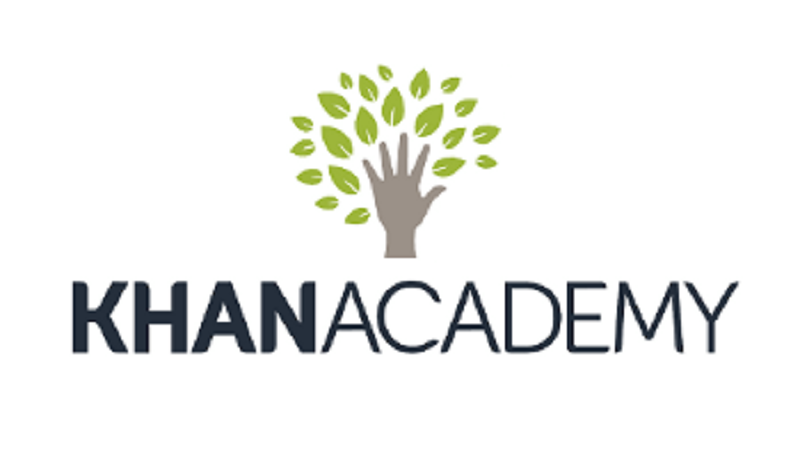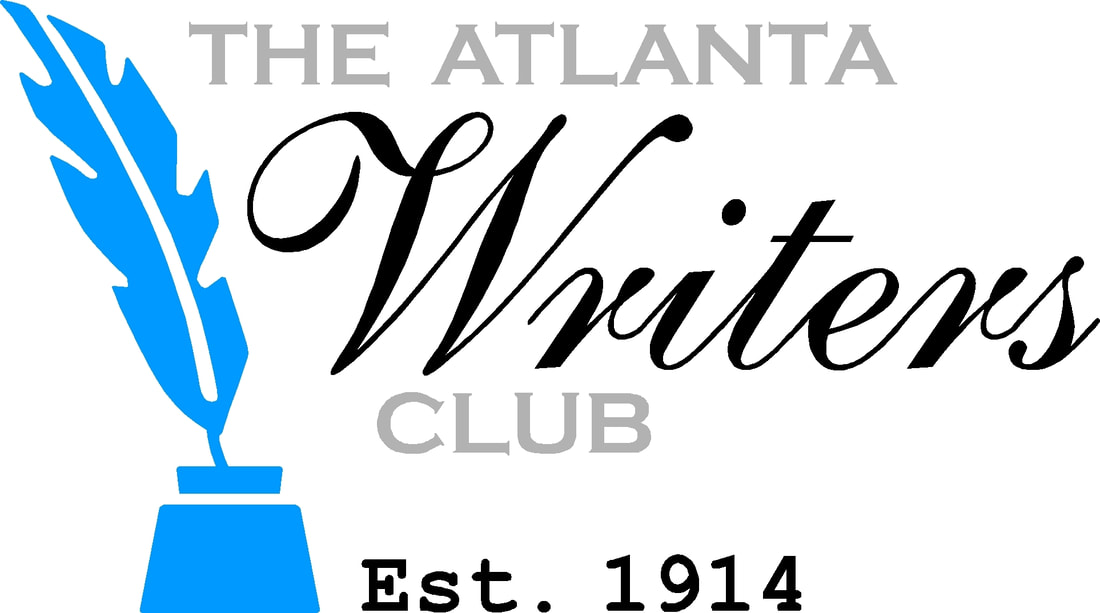|
Hello everyone and welcome (back)!
If you have been following my blogs, you’ve heard me mention critique groups several times. Well, this is because critique groups are extremely important! I was exposed to critique groups at school in my M.F.A. program. We had critique days in every class where we learned the skills of giving and receiving critiques (yes, these are skills-and very important ones!) In this blog, I want to share with you all why I think critique groups are so important for becoming a good writer and how they have helped me. The ways critique groups have helped me are: 1.) Clarity and staying on topic. Critique groups aren’t just about spelling/grammar, although, it always helps to have more eyes on spelling/grammar as well. We are writers. We are storytellers. We also often live in our own imaginations. Our jobs are to translate all of the things in our imaginations onto paper so that others, including non-writers, can understand the scope of what is in our minds. After originality, the most important skill for writing a good story (novel or memoir) is editing and revision. Once we have our story written down (or typed up), we spend even more time chiseling it into something more beautiful and understandable to others. There are so many times that I write something and it is interpreted completely differently by the reader. In order to get me out of my own head and realize what is clear and what isn’t, I need to have others look at it for me. 2.) Seeing things from different perspectives. Again, this is something that helps me get out of my own head. When others read my work they give me their perspectives on the topic or style which helps me broaden my horizons. For example, I recently wrote an essay called “Ghost” about my deceased brother. I have a logical/scientific type of brain which I have to fight to get creative sometimes. As a child I was afraid of ghosts, and as an adult I don’t believe in them but still imagine what it would be like if I saw the ghost of my brother. Even though my essay was not about whether or not ghosts exist, this was the subconscious perspective that it was written in. When I had a critique group member who does believe in spirits read my essay, she had a very different perspective on certain ways in which I told my story. Her perspective helped me broaden the way I view the topic and helped me find more ways to expand my essay and my creativity. Everyone in my critique group comes from a different life experience and perspective and I truly treasure the diversity of thought they bring to the group. 3.) Finding direction. It happens to me a lot. I start an essay with a certain theme or topic in mind but as I begin writing it, something completely different comes out. I end up writing a whole different essay. Although I always begin an essay with a direction in mind, I often lose it after I begin writing. This is where I run it by my critique group. For example, one of the members in my critique group wrote essays about different occupations she’s had over the years and the different types of people she’s met. Although her essays where about other people, there was a subconscious theme running through them that she didn’t even realize. At their core, her essays were all about her relationship with her mother. I love it when I run my essay across my critique group and they find themes and meanings in it that I didn’t even realize I was writing. This helps me clarify what my essay is about and I go back and make sure I’m using these themes on purpose instead of just having it in there on accident when I edit the essay. It gives my essay a clear direction. 4.) Confidence. I am lucky to have a critique group which consists of members that are not only skilled at writing but also critiquing. They are always honest with me in their feedback no matter how personal the essay is but they also don’t just tear me down for no reason. They always give me a balanced critique. They let me know which parts worked for them and which didn’t. For example, I have some satirical essays in memoir. When I run these by my critique group, I know which parts made them laugh and which parts didn’t. I know when it’s funny and when the joke falls flat. For my serious essays, I also know which parts tug at their heartstrings and curiosity the most and which parts are boring and need to be trimmed down. When I read through my critiques or leave a critique group meeting, I feel confident as to which parts I need to work on and which parts I nailed. After I finish editing my essay, I feel more confident in my work because I already know how readers will receive it. These are all the reasons why I think critique groups are extremely important to becoming a strong writer. I am lucky to have a great critique group. They have helped me become a better writer and editor over the years. As always, my hope is that this blog was useful to you all in some way. Please share with me your experiences with critique groups (good and bad) in the comments below. If you live in the Atlanta area, the Atlanta Writers Club has hundreds of critique groups based on genre all around metro-Atlanta so check them out here. If you all have any good resources for finding critique groups (local and online) please share them in the comments. It might help someone else reading this blog. Again, I want to thank all you who take the time to read my blog every Wednesday and share your experiences and wisdom with me. I am grateful to be a part of this community of writers. Next Wednesday’s blog will discuss how I developed good critiquing skills over the years. So, stay tuned. Until then… Happy Writing!:) Find me on social media. Links at the bottom of the page 👇🏽
0 Comments
In this blog, I discuss how I struggle with fear when writing my memoir. Because of the personal nature of memoir, I know several writers who struggle with fear in this writing process. These fears hold us back from having a strong, bold voice and from being honest with ourselves and our writing. I hope this video blog was helpful to you. Please feel free to share how you have dealt with fear in your writing process because I'm always looking for new ways to overcome this challenge! As always, thank you to those of you who have been commenting on and sharing my blogs. You all keep me motivated. I'm so glad you find these blogs useful. Next Wednesday's blog is about critique groups. I will discuss their importance and my experience with them. Until then, Happy Writing! :) Find me on social media. Links at the bottom of the page 👇🏽 Art/Logo/T-shirt design: http://www.primevice.com Creative Consulting: Dan "DTM" Flores Video created using iMovie. In this video blog, I talk about my struggle with staying accountable and making sure I write everyday. I also discuss ways that have helped me get better at this. Here is a list of the materials I use that help me get excited about writing: Notebooks Pens Apps I also use the Notes app on my iPhone and the Voice Record Pro app to record ideas and interviews. Other ResourcesIn this video, I talk about The Atlanta Writers Club and Atlanta Writers Conference. Check out their websites for more info! I hope you all found this blog useful. I know this is something that many writers struggle everyday with so please share with me your strategies and techniques that help you stay on track. Please comment below with your thoughts, advice, experiences. Also, please share this blog with anyone you think might find it useful!
As always, a big thank you to those of you who have been interacting with me and taking the time to read/watch my blogs. Next Wednesday's blog will be about Fear: how it has affected my writing and how I work to overcome it everyday. Until then, happy writing! :) Find me on social media. Links at the bottom of the page 👇🏽 Art/Logo/T-shirt design: http://www.primevice.com Creative Consulting: Dan "DTM" Flores Video created using iMovie. This blog is a continuation of the last two blogs so if you haven't read/watched Finding Your Voice Part 1 & 2, scroll down and check them out! Because voice is the most important part of a memoir, I felt it was important to dedicate three separate blogs to it. In this blog, I am sharing memoir writing techniques specifically relating to voice from a memoir writing teacher: Wendy Dale. Bio:
“Wendy Dale is the author of Avoiding Prison and Other Noble Vacation Goals (Crown). She taught memoir writing for Media Bistro for five years. She is also the co-writer of the Emmy-nominated TV special, "The New Adventures of Mother Goose." Her essays and articles have appeared in Utne Reader, Mental Floss, Public Radio International, and the Writer's Digest website.” - GeniusMemoirWriting.com Wendy shared some great advice with me regarding voice which can also be found on her website: http://www.geniusmemoirwriting.com/ Some of her advice that resonated with me the most was: “1. Put us inside your head. There are many different styles of narrative voices but what makes your prose work is when it’s characterized by narrative honesty. Great prose gives us the sensation that we’re reading an author’s internal monologue, that voice inside our heads that narrates our lives and speaks to us constantly. If you’re having trouble with your prose, start really paying attention to your internal monologue. Is the voice inside your head funny, sarcastic, dark, brooding, superficial?”I personally hadn't thought of putting the reader inside my head while writing. I have tried writing using different perspectives such as 1st, 2nd, or 3rd person but always viewed my writing from a writer’s perspective. I think putting the reader inside your head makes you think more about how you want to sound to others and makes you pay more attention to your voice. “3. Surprise us. When you truly put us inside your head, the thoughts you come up with are often surprising. While sitting in a hospital lobby waiting to see whether a loved one will live or die, we don’t always think about death or how much the person means to us. Sometimes we worry about where we placed our dry cleaning ticket. Be really honest in your prose and it will always be interesting – even if you’re writing about dry cleaning tickets.”I think surprising the reader is a great technique to keep in mind because by not trying to suppress or leave out some weird or quirky thoughts that make your writing unique, you create a more authentic voice. You can’t surprise the reader if your voice is too generic or if the way you tell your story is too generic. It gives your voice more personality. “5. Avoid self-pity. When your situation is dramatic, it is completely unnecessary for your narrator to highlight the drama. In fact, try and find the commonplace in a terrible situation. In short, don’t tell us how awful an awful situation is. Instead, try and channel your narrative monologue and put us inside your head.”I think this is great advice. You don't want your voice to make you sound pitiful. You don’t want to over dramatize your story no matter how serious it is. This is also one of the reasons I include humor in my memoir. The last thing I want to do is to make people feel bad for me when reading my memoir. I want them to see the pain I’ve been through but to also be able to laugh with me when life is funny. I think this is one way that writing a memoir can also help you heal because in order to write a good memoir, you have to be able to step outside yourself (and your self-pity) and be able to see things from a distance. There are many more helpful tips on Wendy’s website and you can also visit her Facebook page, Memoir writing group, to engage with her and other writers who share their journey on there. My next blog will be about my struggle with staying accountable to myself and how I make myself write every single day. Thank you all for taking the time to read/watch my blogs. I truly appreciate all of you who have been interacting with me on here, on the Facebook groups, on Twitter, and on Instagram with your stories, advice, and encouragement. Thank you for sharing with me and contributing to our writing community. 🙏🏾 If you found this blog post useful in any way, please comment below or share with other writers you know that might need it. Happy Writing! :) Find me on social media. Links at the bottom of the page 👇🏽 Welcome! This blog is a continuation of the previous blog so if you haven’t read Finding Your Voice: Part 1 yet, scroll down and check it out! In this blog, I go more in depth with my issue of losing my (writing) voice and the techniques I used to help me deal with this challenge. As I mentioned in the video, here are the Facebook writing groups that help me the most:
Memoir Writing Writers Helping Writers #Amwriting Binders Full of Creative Nonfiction Writer's Fight Club Memoir writing group Here is a link to the Writers Write website. I often use the writing prompts in their newsletters to help me get writing when I'm stuck. If you need a more detailed list of the techniques or formats I use to help with voice, feel free to contact me through social media or email. A huge THANK YOU to all of you who have been actively engaging with my blog posts here on the website and on all the Facebook groups listed above. You all keep me motivated to keep posting every week! Stay tuned for next Wednesday's blog. We're going to talk about voice some more and I will be featuring a memoir writing teacher and her useful tips on how to find that unique and consistent voice in your memoir. Please comment below with how you have dealt with this issue or any questions/concerns you have for me. Also, please share this blog with anyone you think it might help! Thank you for watching and reading my blogs! Happy Writing! :) Find me on social media. Links at the bottom of the page! After I spent a couple months doing my research and finding inspiration, I hit a roadblock. Reading so many different works by authors with different styles and voices, I completely lost my own. NOTE: This is where it is important to have a critique group or mentor who is familiar with your work and can give you honest professional feedback. You might call it writer’s block, but I didn’t stop writing. I just stopped writing like myself. I could tell something was wrong because I was writing about topics that are very important to me but I was no longer enjoying writing. In fact, I was getting more and more frustrated with the process. I wrote 3 essays over the course of two months and I will be honest, they made me fall out of love with writing. Usually, the more I enjoy the writing process, the better I know my work is going to be. I was no longer enjoying writing. This memoir began to look like a daunting task. I didn’t know if I would be able to get it done. After talking to my fellow writers, however, I realized that I wasn’t the only one with this issue. Lauren May, whose beautiful writing you can find at https://www.laurenmay.org/, explained her challenge of finding her voice with humor writing and how she dealt with it: “As much as I loved reading [David] Sedaris, when I tried to write in his voice it felt contrived. What I learned from this, and with many of the readings, is that I have to find/keep/develop my own unique perspective not only for humor but for authenticity. Seeing life through others' lenses is enlightening, but I can't lose sight of my own path/vision/perspective. I think I can use Sedaris as a stepping stone to developing my own skills of examining mundane life situations in new ways. I will never attain his voice and I don't need to. But I can practice mining humor in my own way.” Lauren Small, whose authentic voice and exemplary work you can find at www.laurenlsmall.com, explained her challenges and offered some great advice: “I definitely have not overcome this issue, especially after reading Gabrielle Union's latest book. I was intrigued by her ability to be transparent with her readers. I struggle describing full details to tell a well-rounded story, not to mention lapse in time makes my memory slightly fuzzy. However, I try not to read before I write. I ensure there are breaks in between to ensure my thoughts are clear. Secondly, I start by journaling first, it reminds me who I am and that only I can tell my story.” The issues that Lauren May and Lauren Small dealt with are similar to the ones I faced. Talking to them about it helped me realize that finding your voice is just part of the writing process and not something to be discouraged by. In my next blog, which is a video, I discuss the strategies I used to overcome this common issue and what has helped me find my voice again.
As always, I hope you all found something useful in this blog. Stay tuned for next Wednesday as I go more in depth with the same topic in Finding Your Voice Part 2. Thank you again for all the responses and love on social media, especially the Facebook groups! Please comment below and tell me if you have come across this issue as well. Don’t forget to share this blog. You never know who else will find it useful! Happy Writing! :) Find me on social media! Links at the bottom of the page. Welcome (back)! This blog is a continuation of the previous blog so if you haven’t read Finding Inspiration: Part 1 yet, scroll down and check it out! In this blog, I’m going more in depth about the books I used for inspiration/research and how they helped (or didn’t help) me with my memoir writing process. Here are all of the books I discuss in my video: (The images are active links if you are interested in purchasing any of these books.) As always, I hope you found this blog useful. I enjoyed sharing my process and inspiration with you.
Comment below with what books inspired and helped (or didn't help) you along your process. Also, let me know what topics you would like to see me discuss in the future. I will begin 2018 with a blog on Finding Your Voice so stay tuned every Wednesday! Again, thank you all for the love and responses on social media. I truly appreciate you all sharing your stories and struggles with me! I hope the new year brings great writing success for all of you. Happy New Year and Happy Writing in 2018! :) Find me on social media! Links at the bottom of the page. When I began the research process for my memoir, I collected memoirs that fit any of these categories: written about an immigrant experience, written by an Asian-American (or Indian-American), contained humor, talked about loss or tragedy in a family, talked about a life threatening/changing medical condition, was written by a woman. I based these categories on what I wanted my memoir to be about. My memoir is written by an Asian-American/Indian-American woman who is an immigrant, experienced the unexpected loss of her brother at a young age, and has lived a humorous and tragic life. I took all the characteristics that made my memoir unique and looked for published memoirs that mirrored those characteristics. Another thing I considered was my writing style. Some memoirs are written in a more traditional narrative style and some are written in a more creative/poetic style. Some are written in a more passive or pensive voice and others are written in a more active or raw voice. My style tends to be a mix but it leans more on the creative/poetic side with an active, raw voice so I focused more on those memoirs. During the research process, I read and read and read. I took notes. I highlighted and bookmarked pages with little sticky notes. I also wrote a reflection piece on each of my readings (about 2 paragraphs) in which I discussed why I chose that book or essay and how it related to my memoir writing style/process. This way I could go back and read through the reflection pieces to remember what I got out of the book or essay and if there were parts in it that I could go back to and use as inspiration while writing. There are books that make you want to keep reading and there are books that make you want to keep writing. During the research process, which lasted about 3 months, I read some great books that I found interesting, relatable, and/or entertaining. I read some books that I didn’t find so interesting, relatable, and/or entertaining. Then, I read some books that I couldn’t read more than a few pages at a time because I had to keep stopping to write down all the creative ideas that popped into my head while reading. These are the books that are more than just interesting, relatable, and/or entertaining. These books remind you why you became a writer and inspire you with every sentence you read. These are my reference books. I have one book right now that I’ve been reading for over 2 months because after every page I read, I have to put it down and write something. It’s taking me forever to get through it but it’s my constant source of inspiration and reference. Before I share with you the books I used for research, I asked my friends and fellow creative nonfiction writers to share their experiences with finding inspiration and here is what they said: Lauren Small, whose exemplary work and services you can find on www.laurenlsmall.com and on Instagram, found inspiration in Charlamagne Tha God’s book Black Privilege: Opportunity Comes to Those Who Create It: “Shockingly, Charlamagne Tha God's book Black Privilege: Opportunity Comes to Those Who Create It was the most inspiring. Charlamagne is a public figure who has created his own success after a troubled past. His witty gems and humorous honesty are reminders that no matter how I feel or what others may think, I must follow my dreams.” As Lauren Small discovered, you never know where you will find inspiration. This is why it’s important to keep an open mind while doing research. Lauren May, whose beautiful writing you can find at www.laurenmay.org, found inspiration in humor. However, it wasn’t all helpful for her: “I loved reading David Sedaris, and found him the most inspiring mainly because his subject matter is pretty basic. He doesn't play with larger than life ideas, but rather takes mundane occurrences and spins them in a new way. His unique perspective makes it more humorous. I also connected to Nora Ephron, who I've always admired. (I'm a huge fan of When Harry Met Sally.) Her voice is very conversational and witty and I would absolutely read more of her." "The reading I found least effective was Sloane Crosley's I Was Told There'd Be Cake. Something about her experiences felt empty. Or maybe I just couldn't relate. I couldn't connect.” As Lauren May experienced, your research will be hit or miss. You might have to spend time reading some works that aren’t all that inspiring but they will help you learn what not to do when you begin writing. I hope my experiences and those of Lauren Small and Lauren May helped you gain a better understanding about the research process. In my next blog, which is a video, I will discuss in depth all of the books that I used for my research and how they helped me (or not) in the process. So, stay tuned for a deeper discussion on this topic in Blog 4: Finding Inspiration Part 2.
Thank you for reading and please feel free to leave comments below with any questions/concerns or topics you would like me to cover in the future. Also, I have been getting great feedback and lots of love from many of you on social media, especially, all my Facebook writing groups like Memoir Writing Group, Writers Helping Writers, Binders Full of Creative Nonfiction, and #amwriting. Thank you all! I’m so glad that you are finding useful information in these blogs! Please continue sharing them so that others can also find something valuable in them. Happy Holidays and Happy writing! :) Find me on social media! Links at the bottom of the page. My name is Ananya Vahal and I’m a writer. My genres include literary nonfiction, digital content creation, and comic books. Welcome to my first blog on ananyavahal.com! I created this blog to share my writing process with you all. I believe that as writers we are hesitant to share our process with each other. We are quick to tell each other when we get an agent or get a book deal but we don’t always share the writing struggles and triumphs that took us there. I want to change this trend and encourage all of you to share this insight with each other so we can build a stronger writing community and help each other along our paths as writers. The project I’m currently working on is my memoir. I am finishing up my M.F.A. program in writing and this memoir is also my thesis. For this reason, I want my blog to focus solely on the process of memoir writing at the moment. When I began working on my memoir, I faced challenges that I never saw coming. After expressing these challenges to some of my fellow writers, I realized that they were also struggling with the same things. Some of these fellow writers and friends were brave enough to let me share their experiences and process with you all in my blog. I hope that sharing their stories will help broaden the perspectives provided in my blog and encourage all of you to share your own experiences in the comments on my blog page. In this video, I go into more detail about why I started this blog and what my upcoming blogs will focus on. I will post a blog every week on Wednesdays and I hope you will join me in my writing journey. Enjoy the video! |
AuthorThese blogs explore my writing process and highlight my favorite writers and books. Archives
June 2022
Categories
All
|

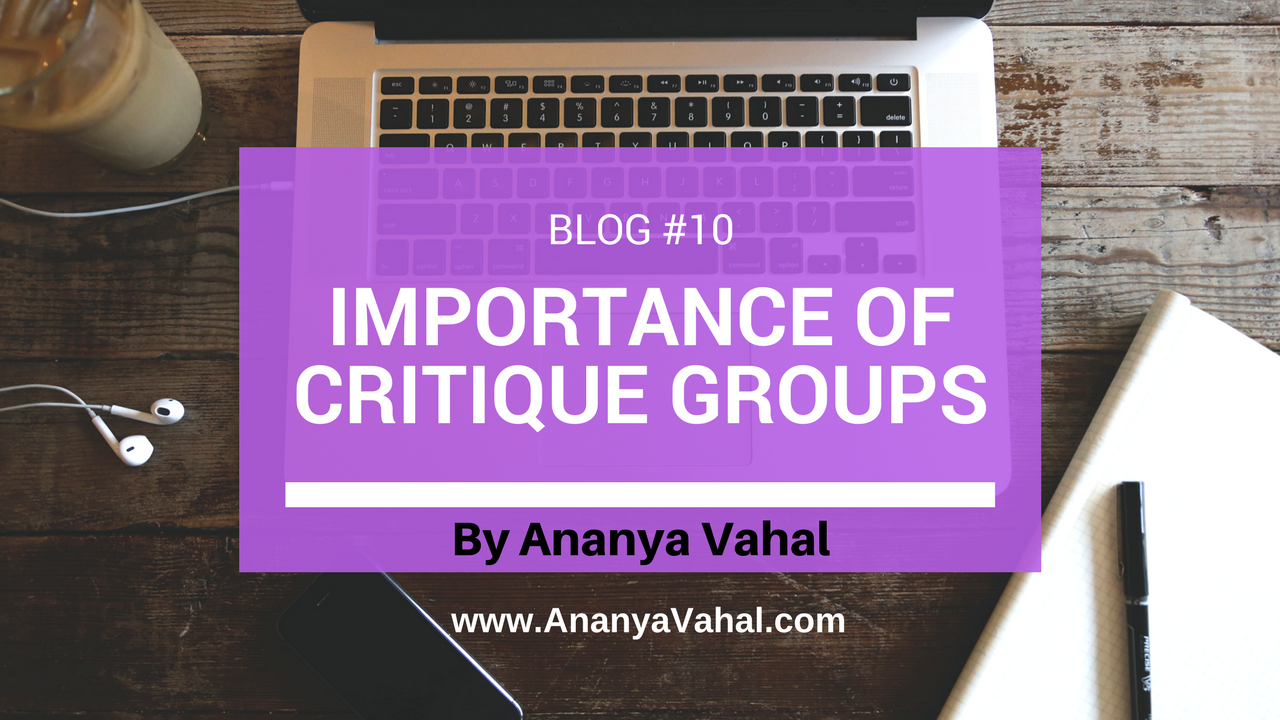
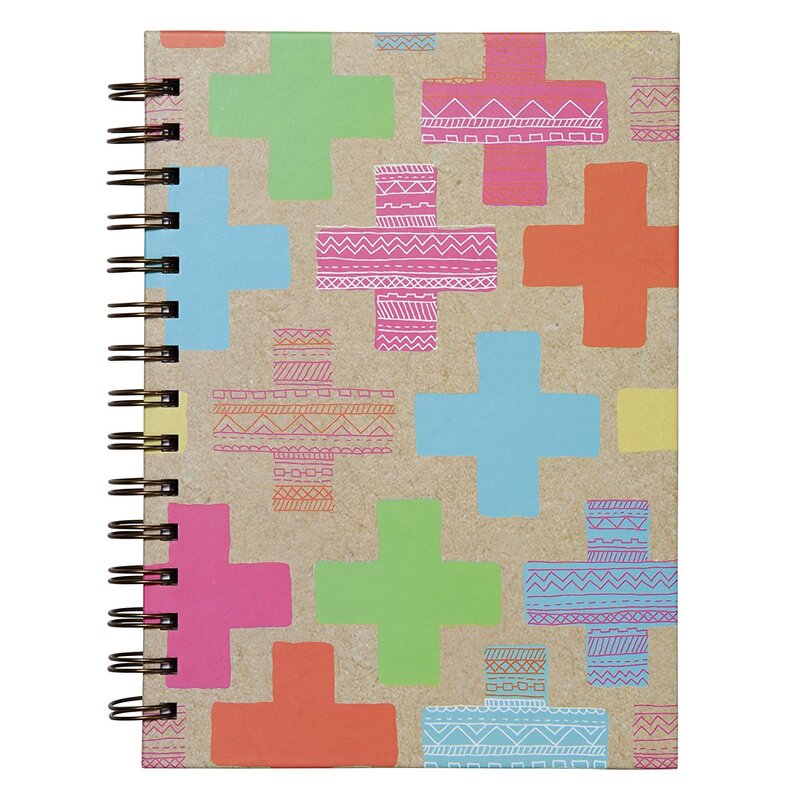


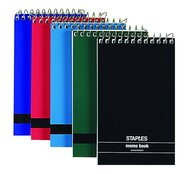
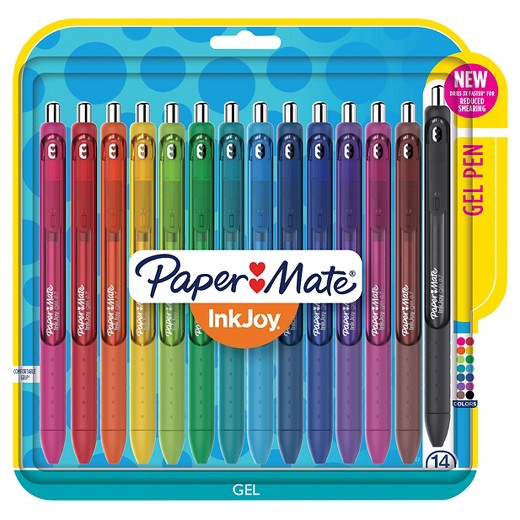
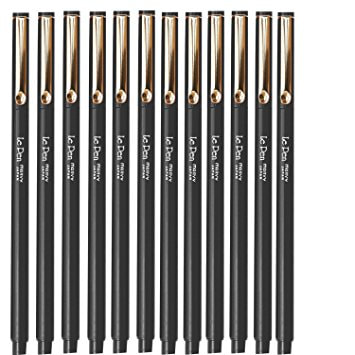


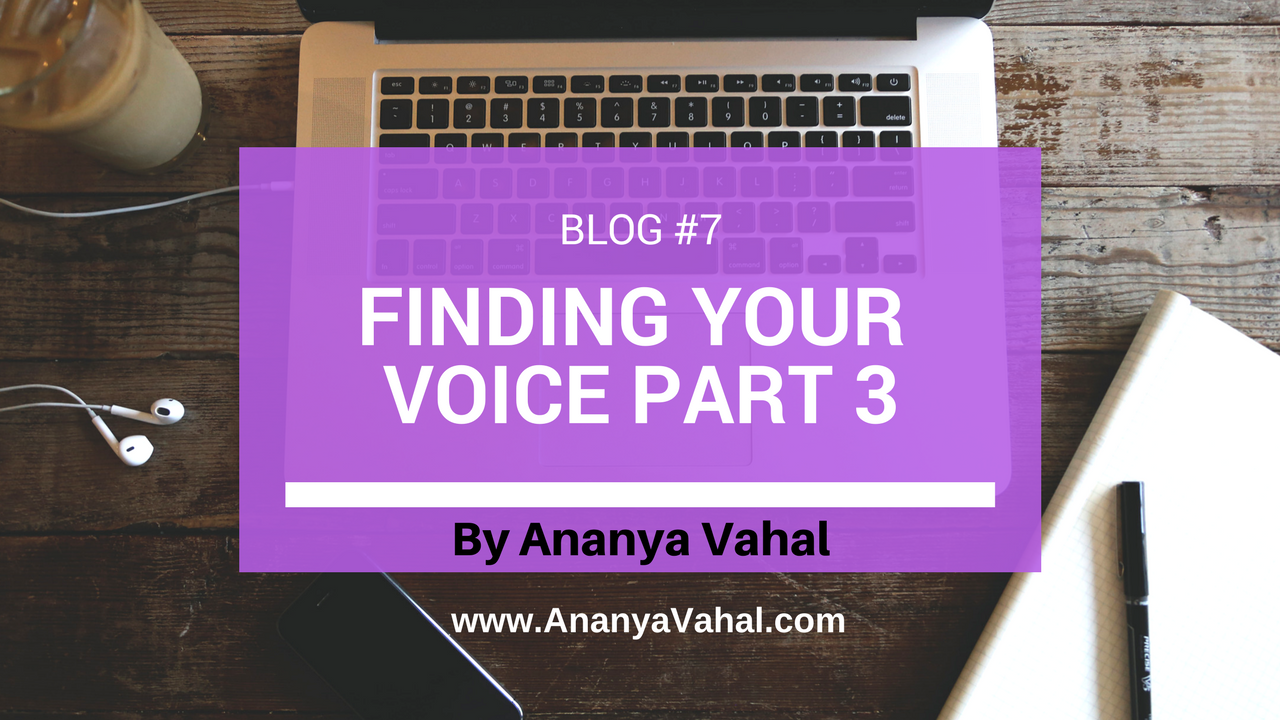
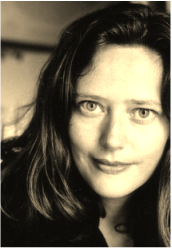

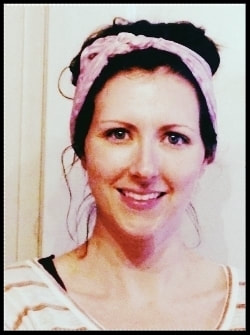
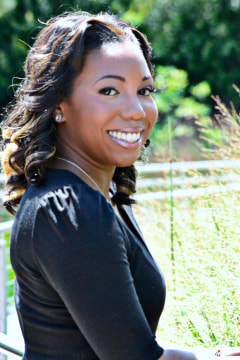
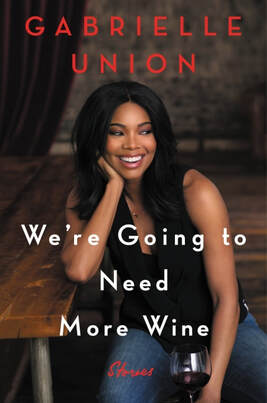
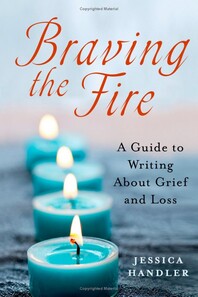
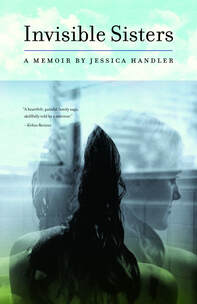
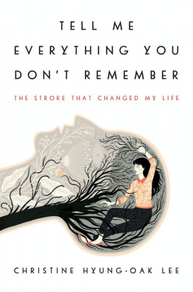
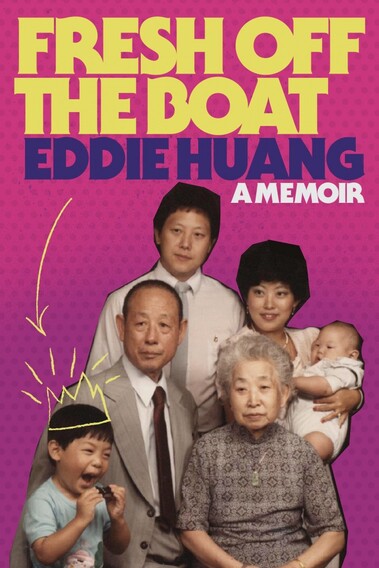
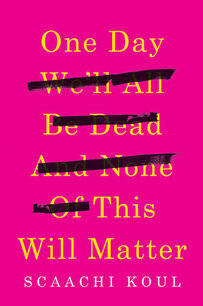
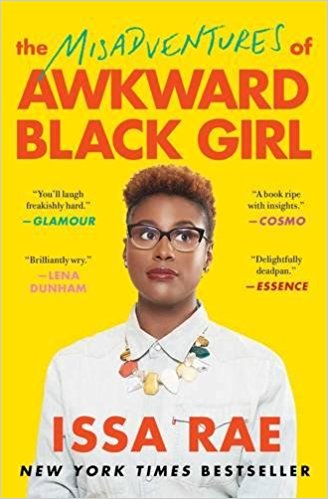
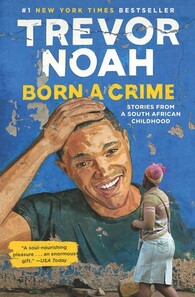
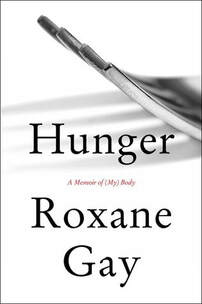
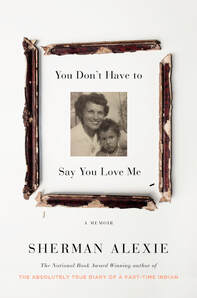
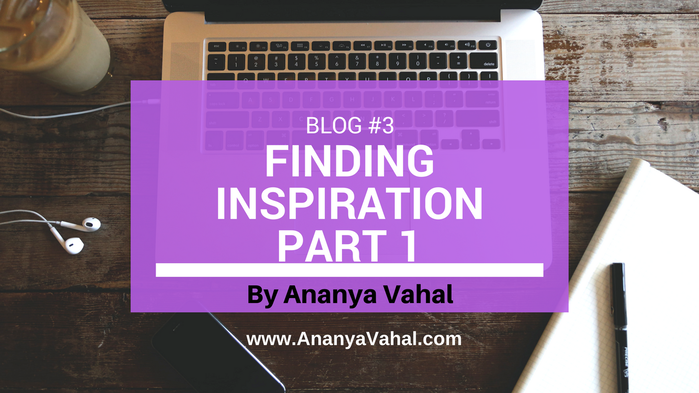
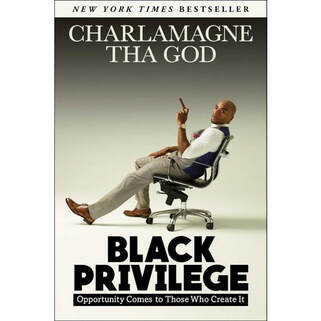

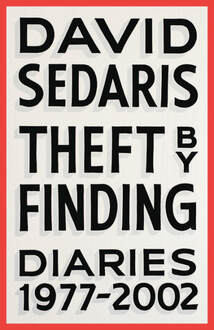
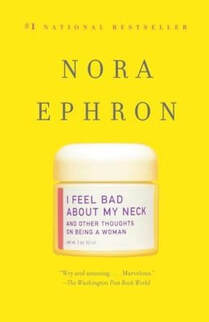
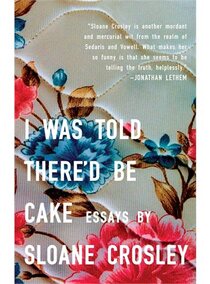
 RSS Feed
RSS Feed








